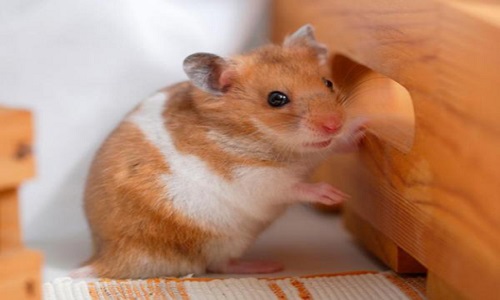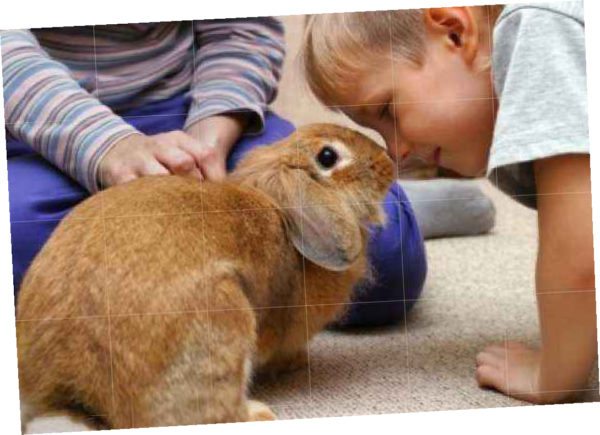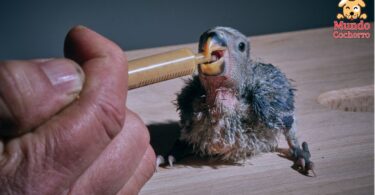Indice
Hamsters are a favorite pet of many people, mainly because of their unparalleled charisma and relative ease in adapting to family life. Hamsters require a series of care although they are not very complicated.
Habitat care
Hamsters are usually kept in cages appropriate for their species, with a size proportional to the number of hamsters kept and the species itself. These cages should be made of quality material, preferably purchased in pet or specialty stores. The quality of the cage is of utmost importance for the hamster ‘s health due to their gnawing habit, as they can eat or damage the walls of the cage, making them vulnerable to poisoning or getting lost somewhere in the house.
To ensure the comfort of the hamster it is essential to place a nest or a little house where it can be sheltered at bedtime, this is usually not too complicated because it is enough with a small cardboard box that then he can “customize”.
Regarding shavings or sawdust, the floor of the cage should be covered with a layer of medium grain sawdust or wood shavings that are not agglomerated, what is recommended at this point is to use pine wood shavings.
As last two points to highlight regarding the care of its habitat, the cage should be located in a place where it does not get direct sunlight or air currents. All the essential gadgets for the rodent such as the water dispenser, toys, food containers, its nest, among others, must be of good quality and strategically positioned inside the cage.
Food and hydration
The first thing to emphasize in this aspect is not to abuse with the food given to them, usually hamsters do not eat more than two or three times a day. It is necessary that the food provided is a feed specially designed for hamsters. Fruits and vegetables can be given occasionally, in small proportions and also as a method of reward.
A hamster water dispenser is recommended for supplying water to a hamster and should be located off the ground but low enough for the hamster to access it. Water should be changed daily.
Cleanliness and hygiene
Hamsters are self-cleaning, so bathing them is neither necessary nor recommended. It is advisable to add some chinchilla sand in their cage so that they can groom themselves.
The cage should be cleaned at least once a week with a disinfectant that is not harmful to the rodent’s health.
Special attention should be paid to food scraps and shavings left by the hamster, and the area where it does its business should be cleaned daily to avoid any contamination.
Image courtesy of (www.animalwised.com), all rights reserved.








